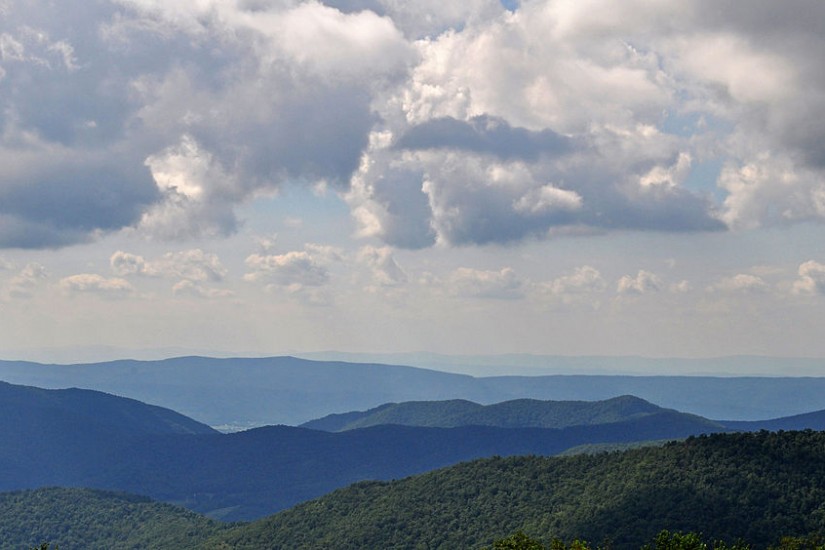There’s a long history of misconceptions about the Appalachian dialect.
In 1899, Berea College (Kentucky) President William Goodell Frost wrote “Our Contemporary Ancestors,” in which he argued that the ways of mountain people were not wrong but simply habits from bygone times.
Frost described the “rude language of the mountains” as a form of speech frozen in time. Once the norm, it had fallen out of favor in many other parts of the country.
If you hear someone float the commonly held belief that Elizabethan English persists somewhere in the hills of Appalachia, they’re following in Frost’s footsteps. As romantic as this notion seems, the era of Elizabethan English officially ended in 1603, before any permanent U.S. immigration and long before the settlement of Appalachia.
To give one example of Frost’s reasoning, he argued that using the word “pack” to mean “carry” – apparently common in Appalachia at the time – originated in Chaucer’s England of the 1300s. In reality, all evidence points to this being an American creation, with one of the earliest citations occurring in an 1804 entry in the journals of Lewis and Clark: “I killed a Deer which york Packed on his back.”
Frost probably had good intentions. Unfortunately, this came at the cost of truth. By claiming that the language was somehow “frozen in history,” he helped perpetuate the stereotype that Appalachians were a retrograde people.
Fluid speech
From the work of linguists Michael Montgomery, Walt Wolfram and several others over the last 40 years, we know that language in Appalachia is actually quite fluid, and has evolved in significant ways over the past century, as language has in other parts of the country.
